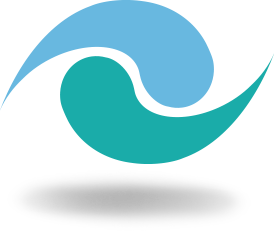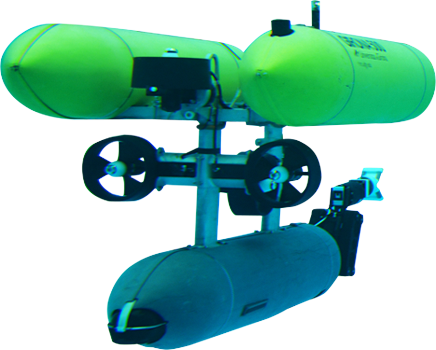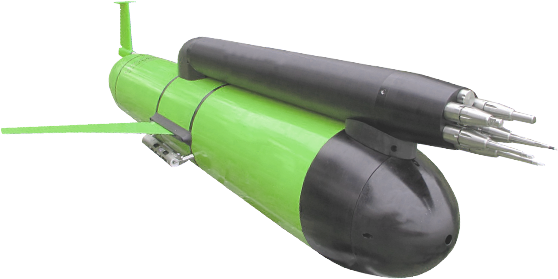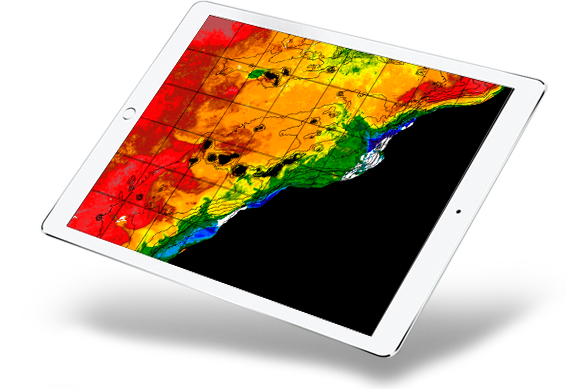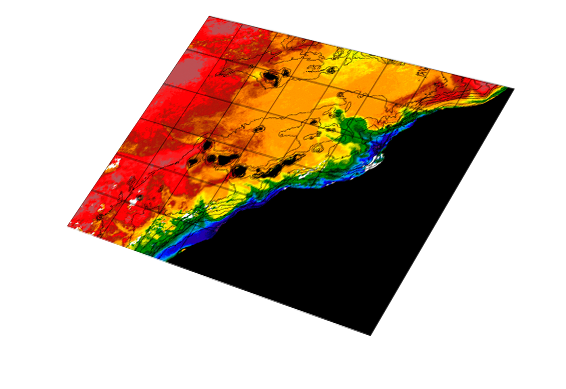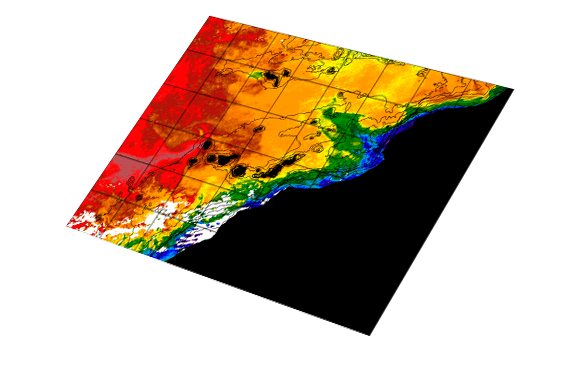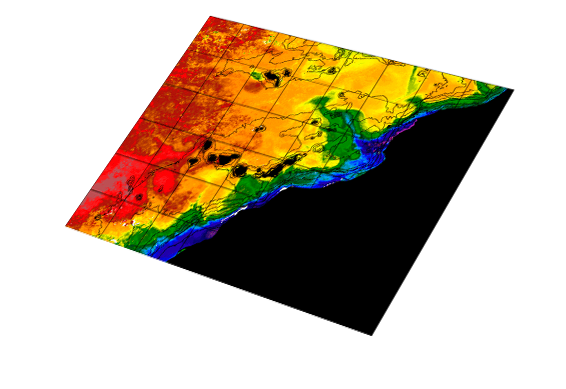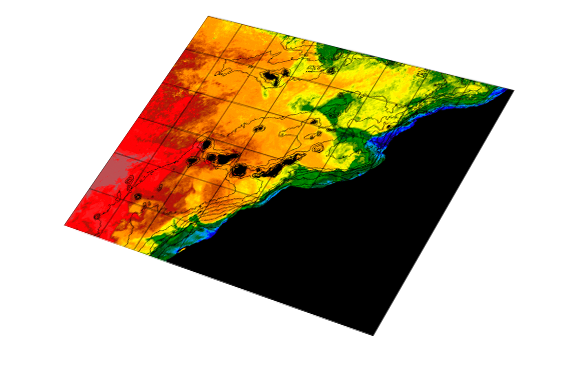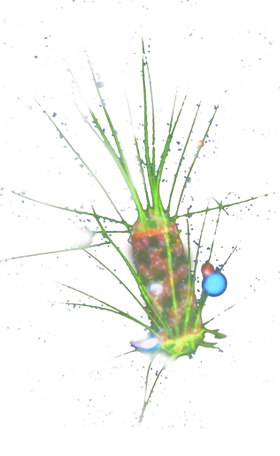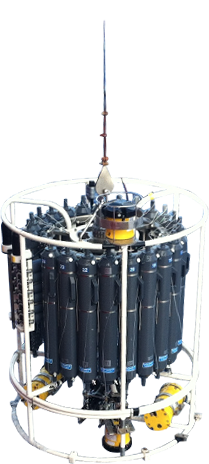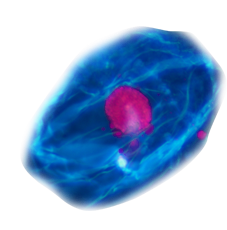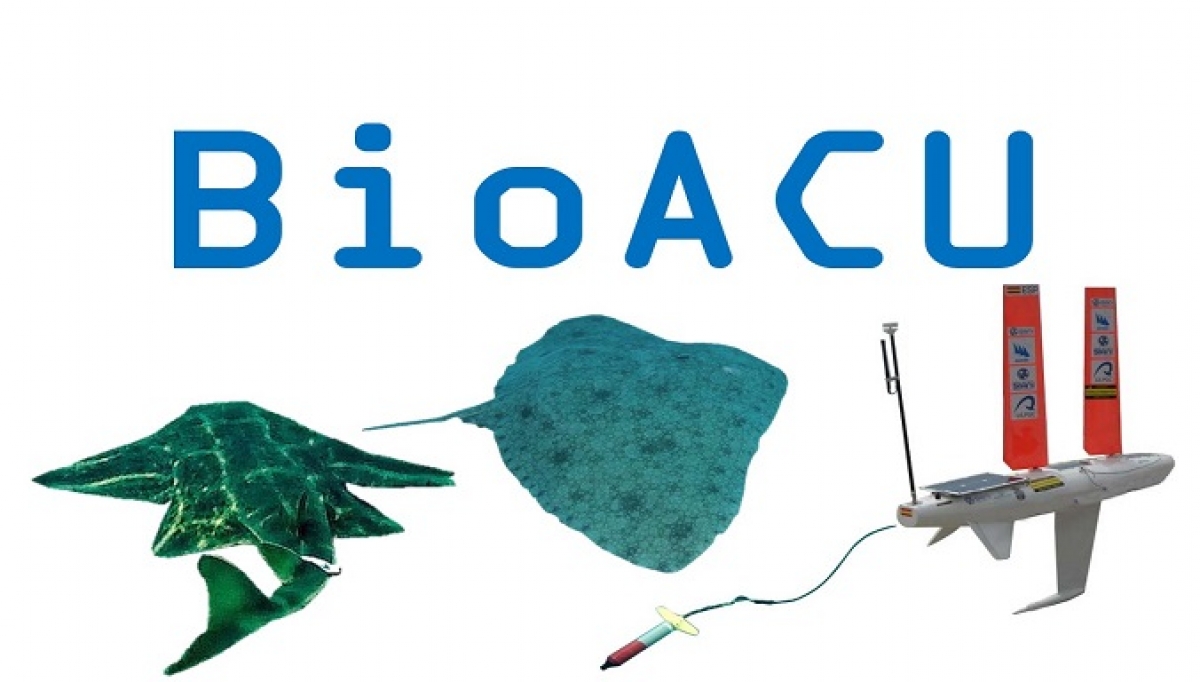“Acoustic monitoring of the marine biodiversity of the Canary Islands with marine autonomous vehicles”
The BioACU subproject makes part of the “CanBIO programme: Climate Change, ocean acidification and underwater noise monitoring network in the Canary Islands; and their connections with biodiversity and marine ecosystems”, promoted jointly by Loro Parque Foundation and the Regional Government of the Canary Islands.
In addition, it interrelates with two other subprojects of the programme (MANTELINA and ANGELOTES) in order to carry out the monitoring of indicator species, such as Squatina squatina and Gymnura altavela. These species will be tagged around the Canary Islands by groups of experts trying to get new information about their preferred habitats, together with their movement and behavioural patterns.
General objective:
To develop a marine biodiversity monitoring system based on the integration of acoustic receivers into autonomous vehicles, in order to provide georeferenced data on key indicator species in the Canary Islands.
The information obtained will be of great help to assess the effectivity of different Natura 2000 sites regarding the conservation of habitats and species included in European Directives.
Specific objectives:
1. Integration of acoustic receivers into SLOCUM G2-type gliders and, eventually, into an autonomous sailboat.
2. Navigations with autonomous vehicles to detect signals emitted by compatible acoustic tags, previously attached to the animals by expert biologists.
3. Annual delivery of georeferenced data on the presence of key indicator species –such as the Angelshark (Squatina squatina) and the Giant Butterfly Ray (Gymnura altavela)– and their habitat use along the shelfs of Gran Canaria and Tenerife.
4. Communication, education and dissemination of the project results –developed by LPF with the collaboration of SITMA–.
Geographic scope:
All the stages of BioACU will be developed in the waters around the Canary Islands, although it is expected that the results may be extrapolated in the future to other areas of Macaronesia.
Duration: January 2019 – December 2022
The foreseen total duration of the project is 4 years, divided into extendable annual stages from the 1st January 2019.





